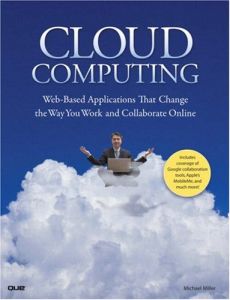
Cloud Computing
Web-Based Applications That Change the Way You Work and Collaborate Online
Read or listen offline
Amazon KindleRecommendation
In the information technology world, the clouds keep rolling in. But this is hardly a cause for concern. These “clouds” are not threatening thunderheads but Web-based applications and services, accessible from any Internet connection. For instance, many businesses today use Salesforce for customer relationship management and many people use Gmail. In either case, users access these applications through a Web browser, such as Internet Explorer or Firefox. However, the users’ data (customer names, e-mails and so on) isn’t stored on their computers but “in the cloud,” the technical term – or geek-speak – for “somewhere on the Internet.” Some applications target the consumer, some target the business user and some target the software developer. Whoever the targeted users are, cloud-based applications and similar technologies are the next big trend in IT and getAbstract assures you that Michael Miller’s brief, basic and very enthusiastic guide will help you understand them even if you are a novice. Sometimes it’s useful to have your head in the clouds.
Summary
About the Author
Michael Miller writes about technology. He has written more than 80 nonfiction books during the past 20 years.







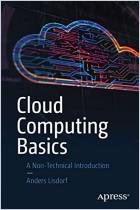
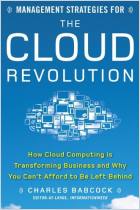
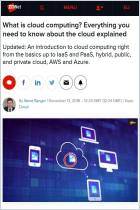
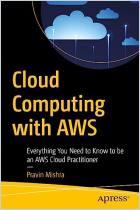
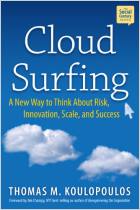






Comment on this summary or Начать обсуждение